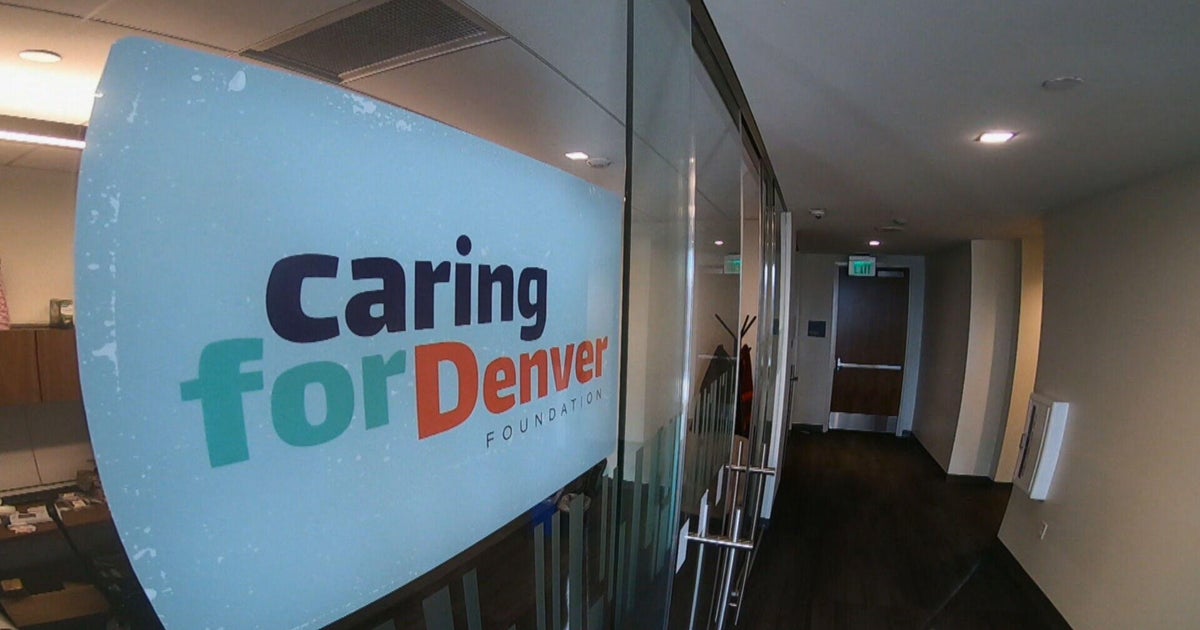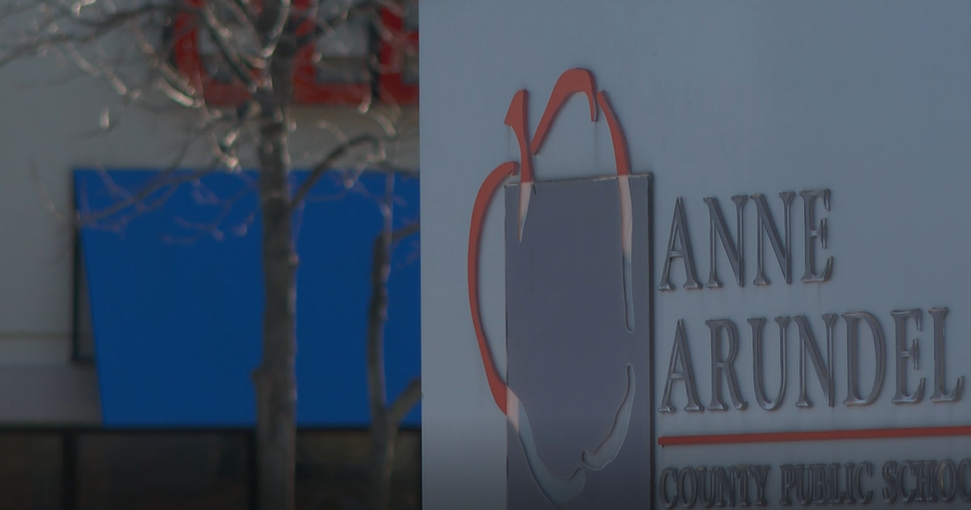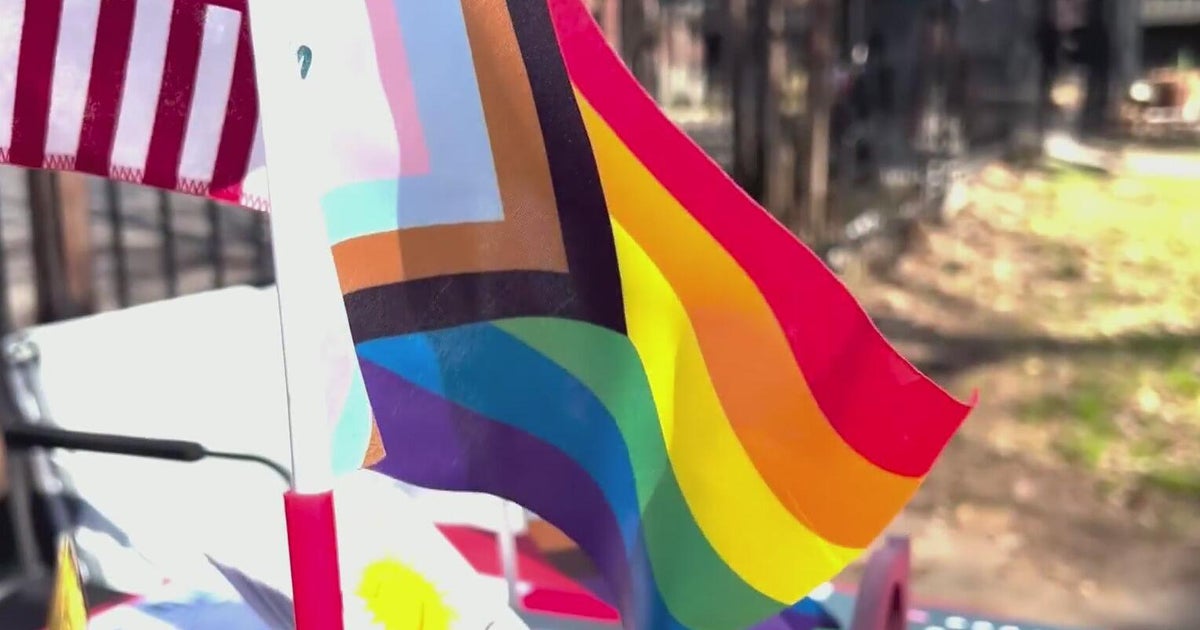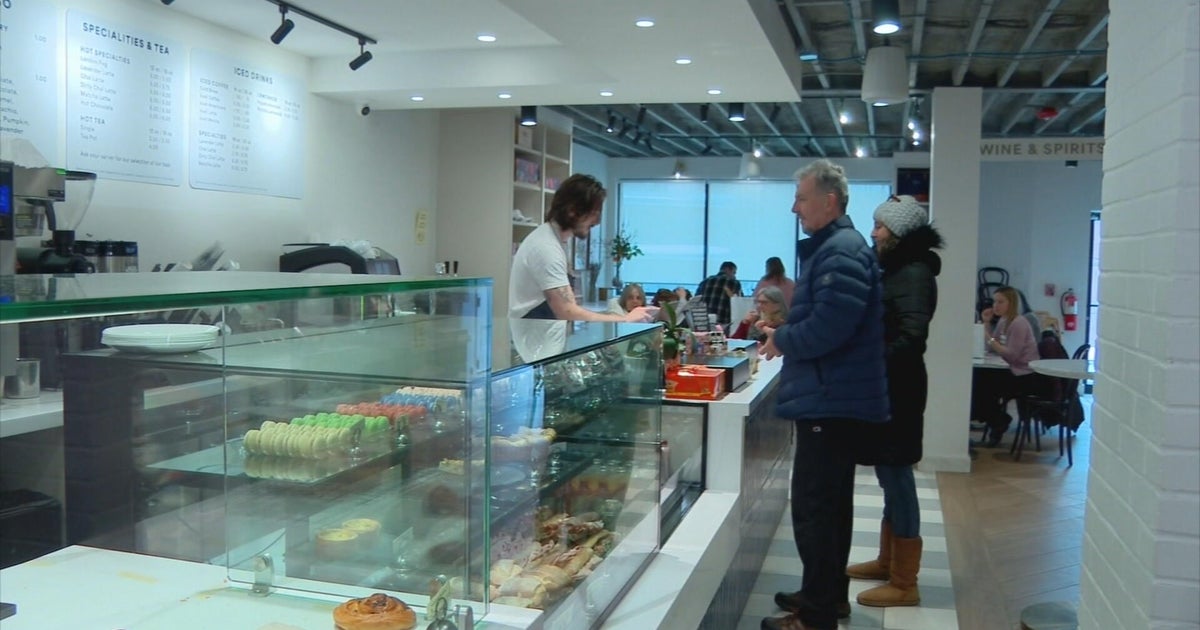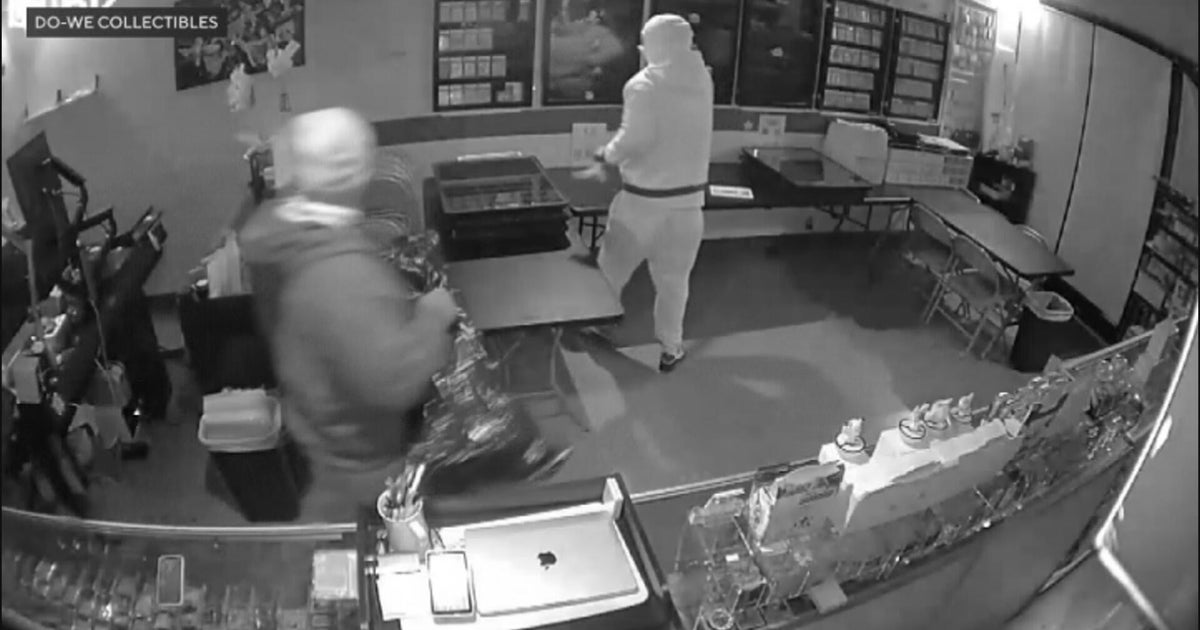Report: Holiday Bills Bring Added Stress
DETROIT (WWJ) - One in two people surveyed by a financial products firm say they don't have enough money to pay for gifts this holiday season. WWJ's Rob Sanford said many of those also feel their overall financial condition isn't getting any better.
A survey by "Think Finance," an organization that helps people to manage their daily expenses, finds that more than half of the people surveyed wanted the holiday to go away altogether because of the financial strain and stress.
Think Finance CEO Ken Rees said that most struggling Americans plan to set a tight budget for holiday shopping and have learned to cross a lot of people off their list.
"Only 21 percent said that they would increase their debt due to the holidays. So, the majority are going to be trying to manage their holiday spending within a budget," said Rees.
Seventy-seven percent of survey respondents plan to keep gift purchases to a minimum, spending only $500 or less, and the same number said they will spend less on gifts than they spent last year.
The dreary response to holiday spending plans is reinforced by findings on unbanked and underbanked consumers' perception of their overall financial condition.
Thirty-four percent of respondents said they are barely getting by and 39 percent said they are stretched, but managing to pay for necessities. More than three-quarters (77 percent) said they have cut back on overall spending due to the tough financial times of the last few years.
Survey respondents reported that the top financial concerns keeping them up at night were paying for basic necessities (35 percent), having money set aside for emergencies (28 percent) and paying off debt (26 percent). Saving for retirement and college tuition came in low on the list of concerns at nine and one percent respectively.
The report's findings indicate that many financially underserved Americans are living paycheck to paycheck. Forty-six percent of those surveyed said they would only be able to cover expenses for two weeks if they lost their source of income.
The index also asked respondents about their general expectations for the U.S. economy and found a gloomy outlook among the financially underserved.
Seventy-three percent of respondents expect the national economy to stay the same or get worse over the next year while 27 percent reported a positive outlook for the economy.
However, unbanked and underbanked Americans showed optimism when it came to their personal financial outlook for the coming year with 44 percent expecting to be in better shape, 40 percent expecting to be in the same financial shape and only 16 percent expecting to be in worse financial shape one year from now.
